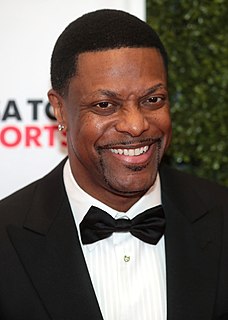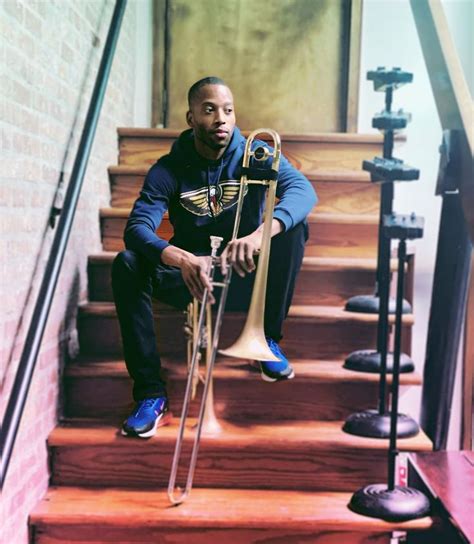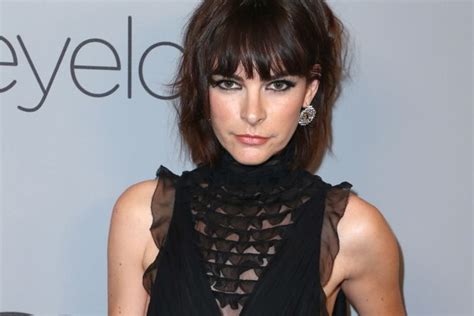A Quote by Chris Tucker
Everybody goes through a lot of the same things, and I talk about those, and that's the key. You have to connect with your audience, and I might take them on a trip with me, tell them I went here and I went there and they'll go with me, you know, to hear the stories.
Related Quotes
I simply couldn’t conceive of how devastating it would be not to be able to hear my children’s voices. Not to be able to communicate with them, to hear them learn, grow, and express themselves verbally. How fortunate, how blessed I am. This overwhelmed me. I can talk to my children, I can respond to their needs and comfort them when they tell me they are unwell. I can tell them stories and hear them tell theirs.
I've gotten a lot of young gay kids come up to me and talk to me about how the little things I've said in the press has helped them come out to their parents, or just be open with who they are, and feeling invigorated by that. So that honestly means a lot to me to hear that the things that I say in the press, they do hear, and they see, and it helps them at least to start the conversation.
I test the movies a lot, and if the audience says they love the movie, we know we're on the right track. And if they tell me they hate it, I try to figure out what I've done wrong. But every time out, the audience wants me to go deeper, they want to know more about the characters, and they don't want these movies to be shallow. So they really urge me to tell them a complicated story, and then when I do so, they're thrilled
Those type of people [in New Orleans] keep me happy and just smiling, you know? I just go hang out and talk with them and they tell me all types of old stories, and sometimes I might even pull my horn out in the middle of the block, and they're playing on beer bottles and different things, and we just do a little second line type thing, just us, four or five people, who are just having fun. That makes me day to be able to do that and go hang out with the people in the (Treme) neighborhood, and to do some shows around town, you know?
Sometimes I sit in my den at home and read stories about myself. Kids used to save whole scrapbooks on me. They get tired of them and mail them to me. I'll go in there and read them, and you know what? They might as well be about (Stan) Musial and (Joe) DiMaggio, it's like reading about somebody else.
When someone says "that resonates with me" what they are saying is "I agree with you" or "I align with you." Once your ideas resonate with an audience, they will change. But, the only way to have true resonance is to understand the ones with whom you are trying to resonate. You need to spend time thinking about your audience. What unites them, what incites them? Think about your audience and what's on their mind before you begin building your presentation. It will help you identify beliefs and behavior in your audience that you can connect with. Resonate with.
It's terrifying to think about all things that were awful for you. But for me, sharing all of them was so satisfying, because people read them and get to go, "Oh, okay, I don't have to feel so shitty about that," or maybe even, "Why was I feeling so shitty about that? I should own that and learn from that." Those are the sorts of stories I want to tell.
I cannot tell you how many times guides have said to me, "Please tell them to stop praying to me. I can't make things happen. I can't protect them from going through challenging experiences. These are experiences their soul has chosen to go through. I'm here to keep them on their path, but I don't want them to give me all this attention or power or focus." Realistically, the guides I work with are really encouraging people to find their inner voice.




































